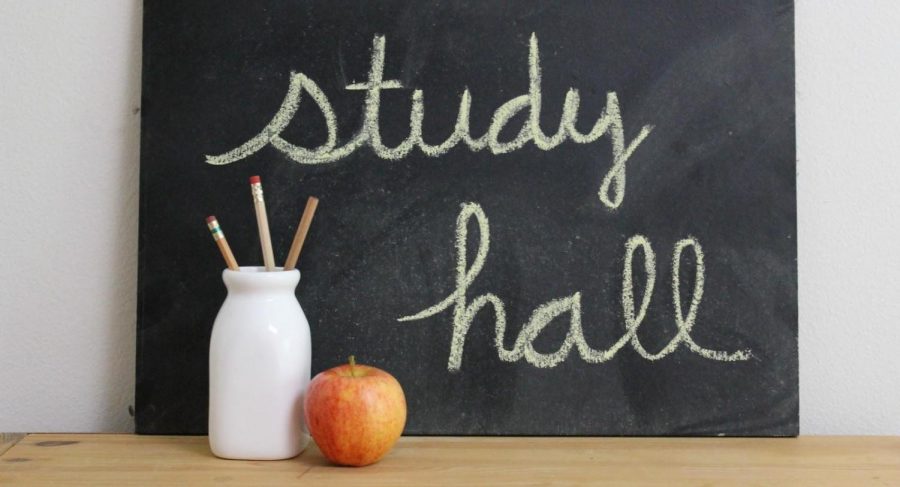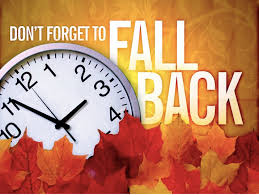Study Hall: Productive or Pointless?
The average middle school student has around one hour of homework, attends seven hours of school, and should get eight to nine hours of sleep; that’s seventeen hours of the day. Add in bus rides to and from school, and an adolescent is left with about six hours of free time–or at least what’s left of it after meals, showers, chores, clubs, and sports.
Study hall is a time for kids to get homework done, study, or get class work done so that time at home can be freed up, Some wonder, though, if study hall should study hall is actually an effective use of time.
At MMS, very few students have access to a study hall. Sixth and seventh graders might get some work time during advisory or intervention times, but it’s not daily and depends on which team the student is on. In eighth grade, Study Tables is a class that only a small number of students take. Taking it would likely mean a student would have to give up another elective like band, choir, STEM, or foreign language.
One Study Tables adviser, Mrs. Streitman, when asked whether students are productive, said, “If students are caught up it’s hard for them to sit for 45 minutes.” Still she adds that “using time wisely should be an expectation for the students” and that having a teacher that makes sure that students are on task can really help productivity levels.
Study hall can have positive and negative affects. For example, according to an opinion page Quora, if a student uses his or her time wisely during study hall, they can get homework done before school is over, allowing more free time; but on the other hand if a student does not take the time they are given during study hall they will tend to goof off and disrupt the students that are trying to work. The result is time in the school day that could have been spent learning being wasted.
Study hall can also impact the teachers. During a study hall period, a teacher can have some quiet time to grade papers and plan lessons; but if a teacher gets stuck with a group disruptive students that resist doing their work, it can end up being a stressful time for the teacher.
After soliciting opinions from eighth grade students on whether they think study hall should be a regular part of the school day, 83% wanted study hall. Katie DeMello said she thinks that students tend to procrastinate, and without a study hall, there is no set time for them to get their work done.
Mr. Catullo has had a number of study halls. He explained, “I think Study Table can be really useful, particularly to students who do not have a lot of spare time after school, whether due to athletics, clubs, or personal matters. For those students it provides a time dedicated to getting work done as well as access to a teacher who can clarify or assist when needed.” Mr. Catullo went on to explain that he oversaw Study Tables for seven years and he felt that most students use the time wisely. He also added that from a teacher’s perspective, it gives teachers access to students and quiet time to clarify information, so he thinks students tend to do better in a study hall that is managed by a teacher from their own team.
Study hall sometimes gets a bad rap, but in my opinion I think that there should be a study hall period available for all students, especially eighth graders, who may be taking one or more classes for high school credit, may be getting more involved in after-school sports, and no longer have Intervention periods in the schedule. Having a study hall would make a set time for students to get homework, studying, or organization done before getting home–giving them less reason to procrastinate and a quiet environment to focus, which may be hard for some at home. Schools that implemented study halls showed academic positives like GPA improvements and better performance on tests, and homework turn-in rates went from 30% to 90%. Will there be kids who waste time? Yes. Will there be teachers who feel like they’re babysitting rather than teaching? Yes. But overall the positives of having a study hall overpower the negatives.







